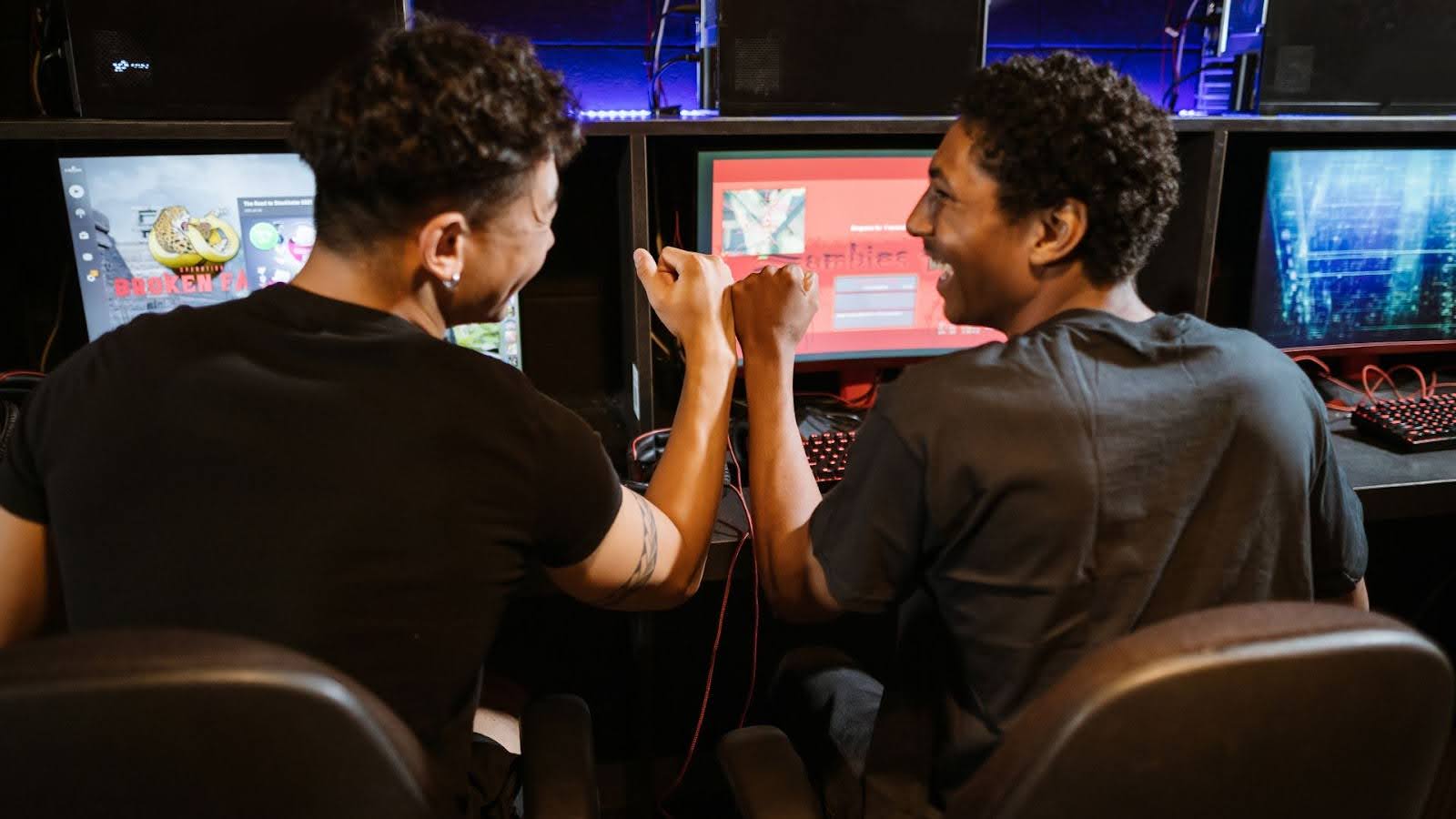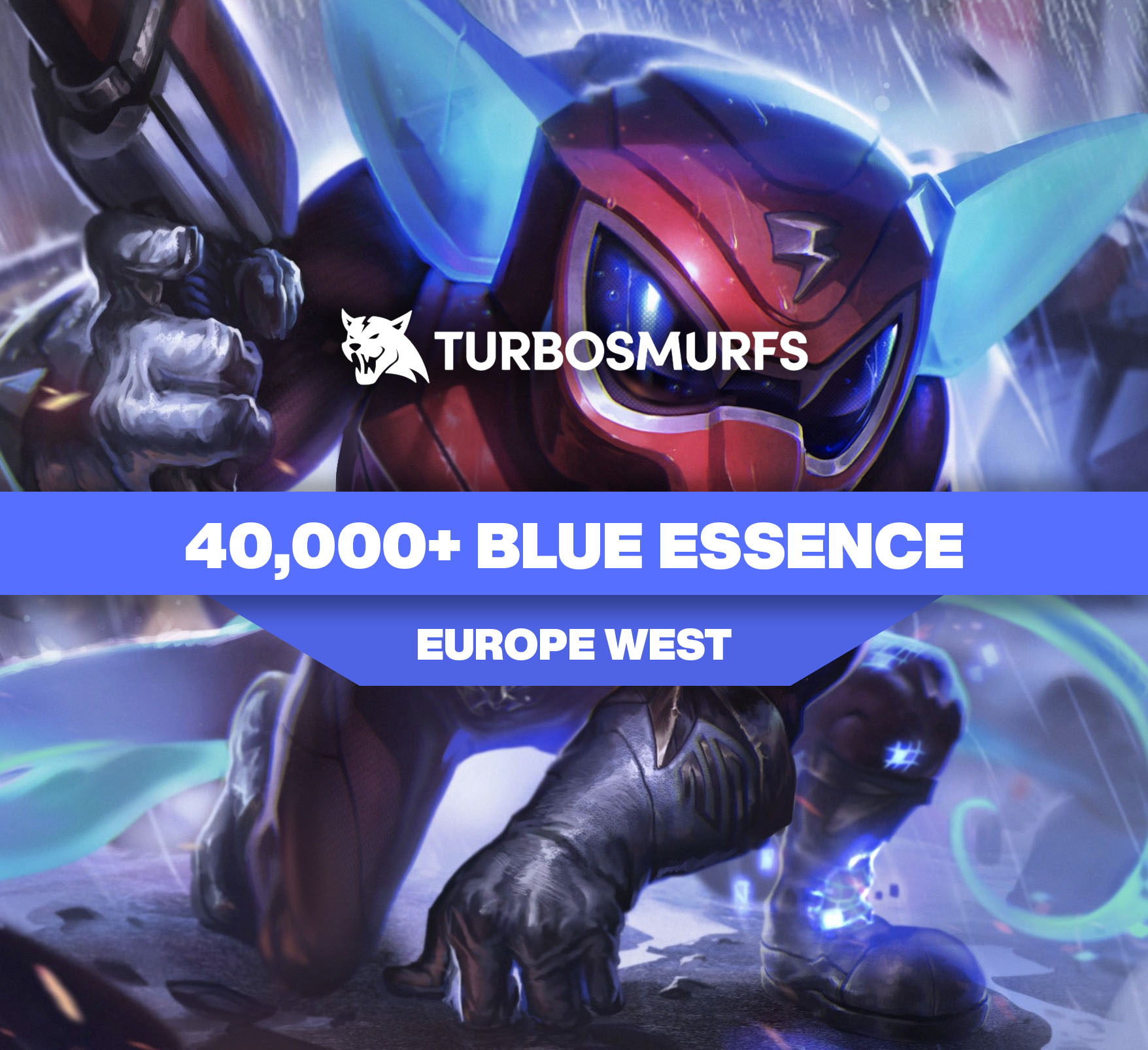
Community Chronicles: Stories of Unforgettable In-Game Moments
Video games have traveled far from their start in arcades. Today, they are huge virtual worlds where individuals talk to one another, collaborate, and create memories that will last for years. Be they high-competitive tournament-style or laid-back exploration-based games, the most endearing gaming experiences are more about the groups that form around them than the games themselves.
As the graphics improve and the mechanics get more sophisticated, the emotional core of gaming remains the same. Gaming is really about people at the end of the day. Shared moments, unexpected allegiances, and goodwill moments have a way of lasting longer than any leaderboard can. These are not nostalgia or hype-driven stories. They are stories based on the way modern games facilitate social sharing and allow people to build lasting moments.
Even outside traditional multiplayer games, community plays a growing role in other genres too. Casino-style gaming, for example, is becoming increasingly interactive, with features like live dealers, real-time chat, and co-operative challenges. For new players dipping into that space, especially those who prefer to start small, it helps to understand the basics. That’s where resources offering tips for playing at ten dollar deposit casino sites come in handy, making the entry point more approachable while keeping things engaging.
A Shared Pause in World of Warcraft
With war between rival groups ongoing forever in a game, World of Warcraft has witnessed battles by the thousands. There was one instance when members from both sides put down their arms willingly to take part in an in-game memorial service. A very well-known community player had died, and friends gathered in a contested region to pay tribute to him.
The area, usually full of conflict, was converted into a place of quiet. Players formed lines of discipline, dropped their equipment, and established a peaceful ambiance with torches and emotes. It was an unexpected union of people in a game that otherwise defines itself through its competitiveness.
This spontaneous community action demonstrates the strength of virtual spaces in embodying real-world feelings. This act required no initiative from developers. It was orchestrated by players who saw the game, rather than a battlefield, but a virtual space worth defending, even if only for a single evening.
Surviving the Unexpected in Don't Starve Together
A group in the survival game Don't Starve Together was beset by a harsh winter that was threatening to erase everything they had accomplished. Supplies were running low, temperatures were dropping, and the group had no functional plan for getting through the final portion of the winter. The turnaround came from an unexpected place: a technical glitch.
A player accidentally generated an infinite crafting loop, which lit the fire beside them alight forever. Instead of restarting or quitting, the party improvised. They camped around the fire, utilized the surrounding landscape to set up traps and scavenge meager resources, and survived out the time it took to recover after the weather cleared.
What began as a bug eventually turned into a norm of group synergy. Rather than exploit it for long-term gain, they enjoyed the moment for what it was: an odd but fortunate occurrence that kept them afloat. That kind of shared improvisation is what makes multiplayer gaming unpredictable in the best way.
A Mentor Emerges in Red Dead Online
In Red Dead Online, a newcomer struggled to navigate the game’s open world. Without guidance, they regularly fell victim to ambushes and mistakes that cost them resources and time. One evening, a more experienced player intervened, assisting with defense, travel, and even taking the time to teach them the game’s mechanics.
Their partnership lasted weeks. They hunted together, explored new regions, and even completed complex missions as a team. Though they never met outside the game, their in-game collaboration left a significant mark on the player’s experience.
When the more seasoned partner stopped logging in, they left behind a hidden stash of useful items and a message using in-game mechanics, encouraging their friend to keep progressing. It was a small gesture, but one that helped turn a solitary experience into a shared journey.
An Unspoken Goodbye in Fortnite
For a group of school friends, Fortnite served as a nightly escape. Their routine was simple. They would land at the same location, fight as a team, and enjoy the game without much pressure. Over time, the time they dedicated to the game declined as exams, jobs, and family commitments took priority.
On what turned out to be their last evening playing together, the two remaining members had arranged to build a large structure on their usual drop point. They included trimmings and spray-painted patterns that reflected in-jokes and memories created ages ago. As the storm was closing in, they moved to the rooftop and ended the session together.
It was an unspoken farewell. Not a dramatic conclusion or a major event, but rather a quiet acknowledgment of change. These are the kinds of moments that stay with players long after they stop logging in.
A Rivalry Turns to Respect in League of Legends
In competitive video games like League of Legends, the post-game chat usually becomes trash-talking or silence. But in one particular case, a losing player received an unexpected message from the winner. Instead of trash-talking, the message comprised advice and encouragement.
The interaction created an extended conversation, and before long, the two were standing side-by-side. Weeks of matches, strategy meetings, and even co-shared content for newer players followed. What started as competition turned into cooperation, all because one individual displayed a show of sportsmanship.
This transition from competitors to collaborators shows that even in fast-paced, competitive environments, players can choose to build growth over ego.
Building a Legacy in Animal Crossing
During global lockdowns, Animal Crossing: New Horizons was an artistic haven for millions. One player used the game to rebuild the garden of their deceased grandmother, seeking out every flower and object to recreate their childhood memories. The garden was more than a memorial. It was a digital space of memory.
They opened their island to others so that strangers and friends could visit. Players left gifts and messages at the garden gate, some of them telling stories about their relatives or places that brought them peace.
There were no high scores or timed achievements in this game. It was about using the game to recreate something intimate and sharing it with others who found value there.
A Unique Celebration in EVE Online
Known for its intense space politics and complex player alliances, EVE Online is not typically associated with sentimentality. That’s what made one particular event stand out. Two players who had met while trading in-game resources decided to host a virtual wedding, inviting players from across the galaxy.
The ceremony took place aboard a neutral station. Players from opposing factions respected a temporary ceasefire, arriving in formation and participating in their creative ways. Some presented in-game resources as symbolic gifts. Others created visual displays using ship movement and lighting.
It was a surreal moment in a game more commonly defined by betrayal and combat. But it showed that the same sandbox that allowed for deception and war could also support celebration and unity.
A Community Comes Together in Minecraft
Perhaps one of the most touching examples of community-driven gaming took place in Minecraft. A young player battling a terminal illness had a simple wish: to build a castle. His story reached a few players, then quickly gained traction. Soon, an entire community joined in to help.
What began as a single project expanded into a detailed world full of castles, gardens, secret rooms, and tributes. Players contributed designs, built intricate structures, and left behind positive messages. The player was able to explore the completed world and expressed joy at seeing something so beautiful created in their honor.
After his passing, the world was preserved and kept online as a place that others could visit. It wasn’t just a digital landscape. It became a monument to the best of what online communities can be.
The Thread That Ties It All Together
These stories suggest something essential about gaming that gets lost in the stereotypes. Gamers are not necessarily lonely, disconnected souls floating through virtual worlds. They are part of healthy, often self-organizing communities that employ games as tools for communication, self-expression, and shared support.
Whether it's a moment of silence on a battlefield, a random act of kindness from a stranger, or a community event of large proportions, games consistently offer the possibility for the players to human with each other. There's always room for empathy, creativity, and common purpose when playing online.

